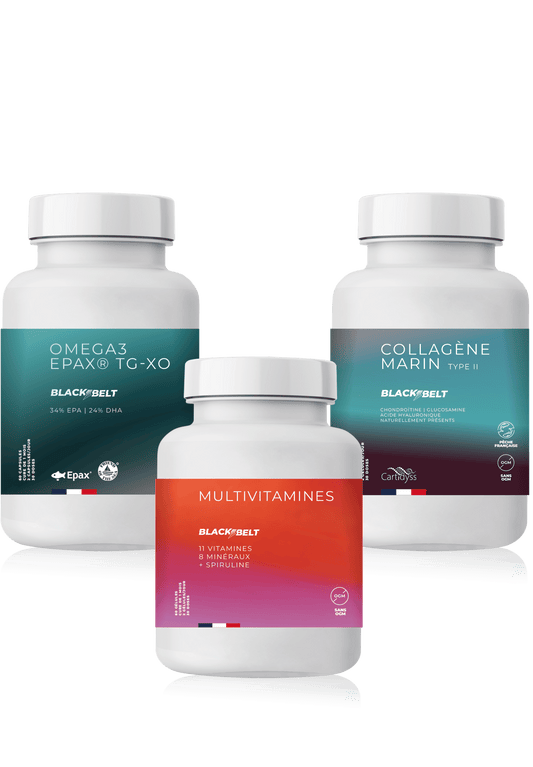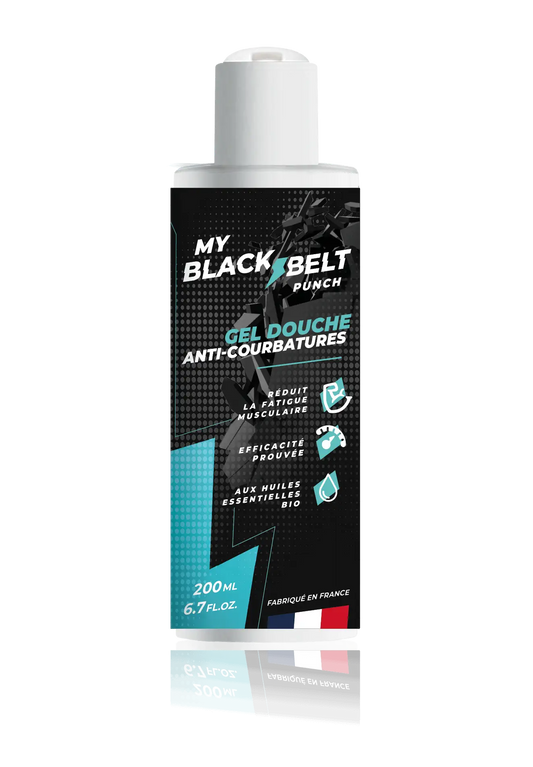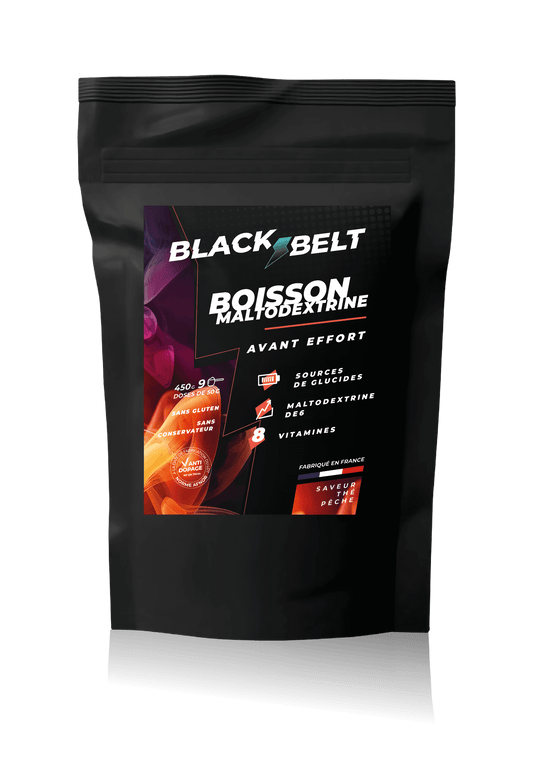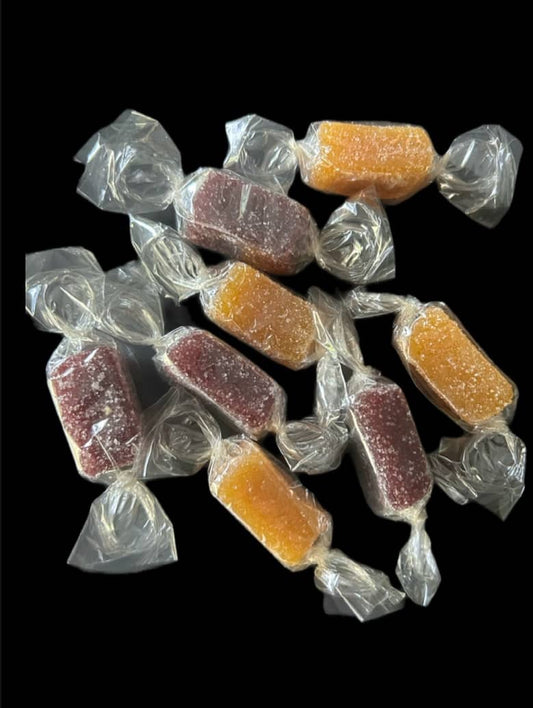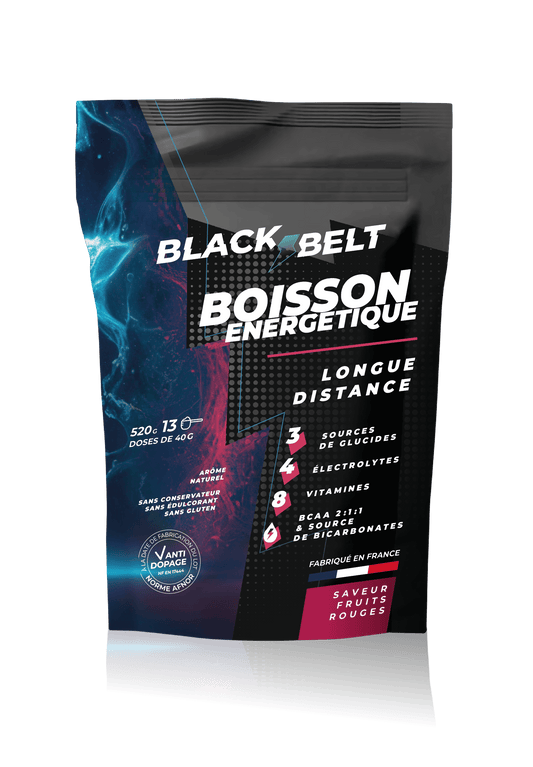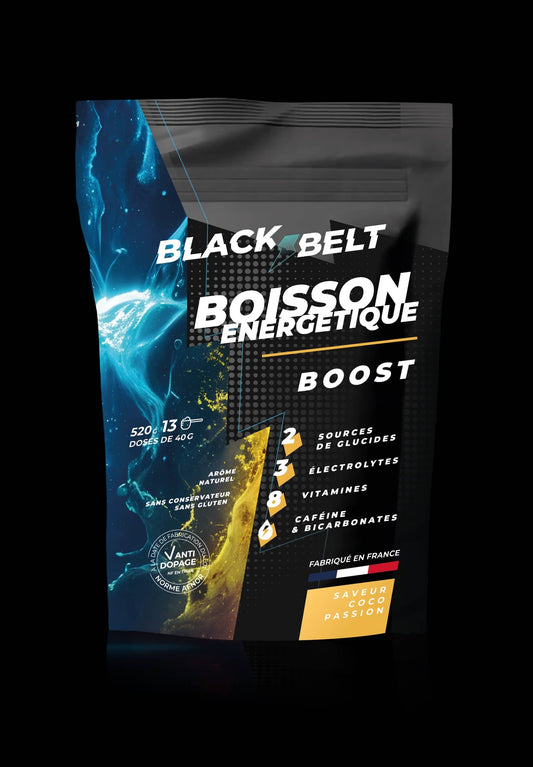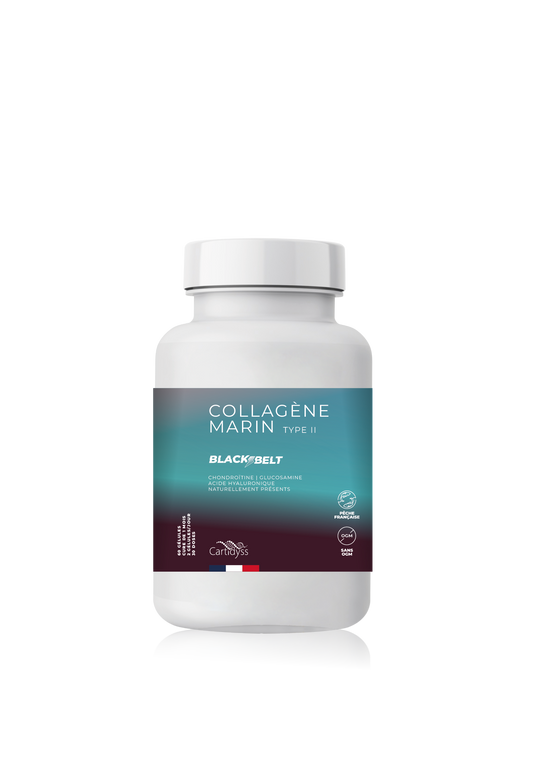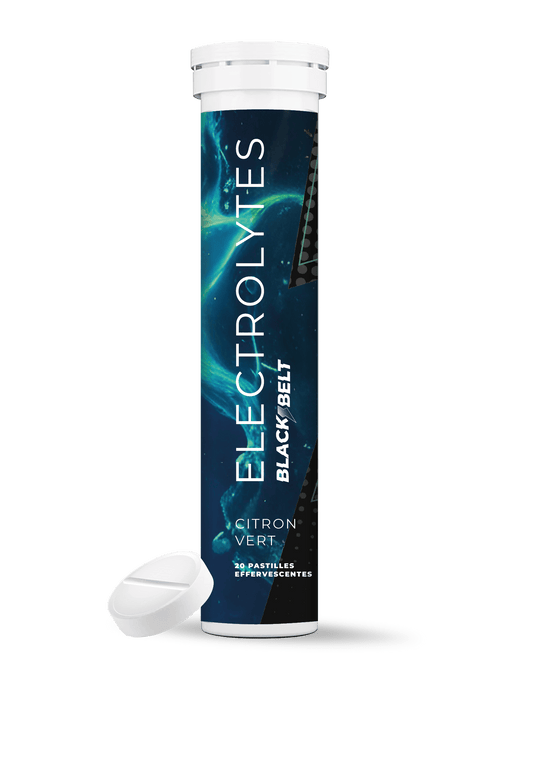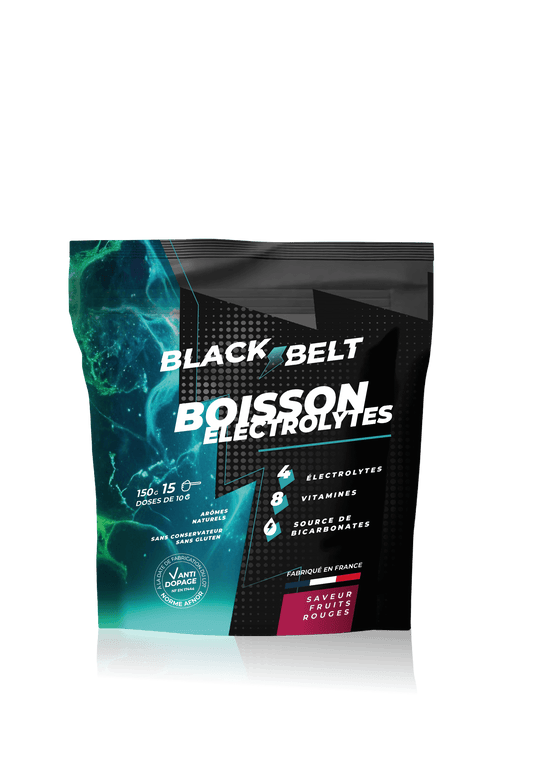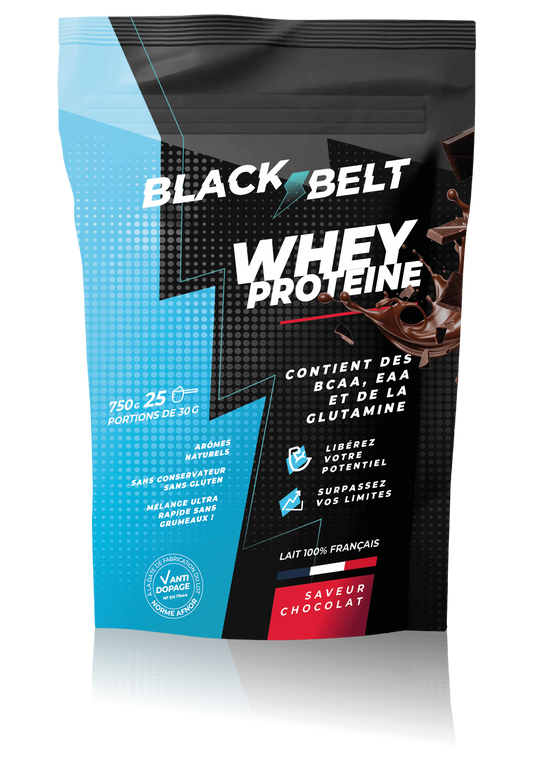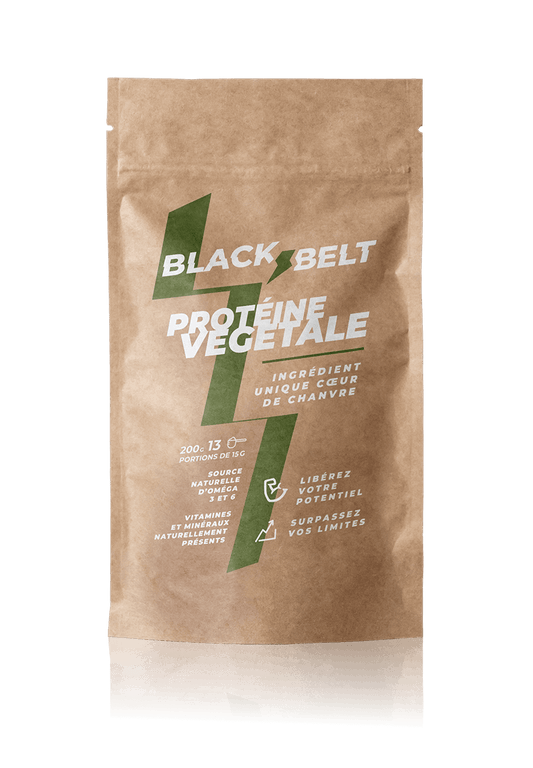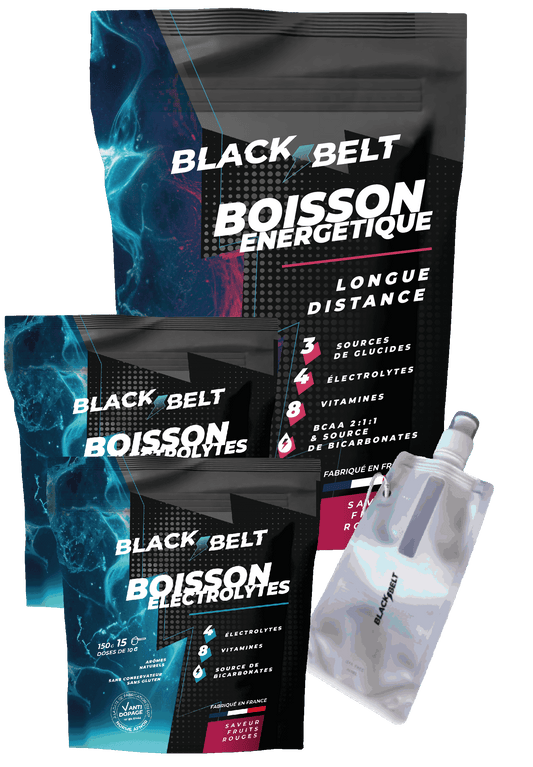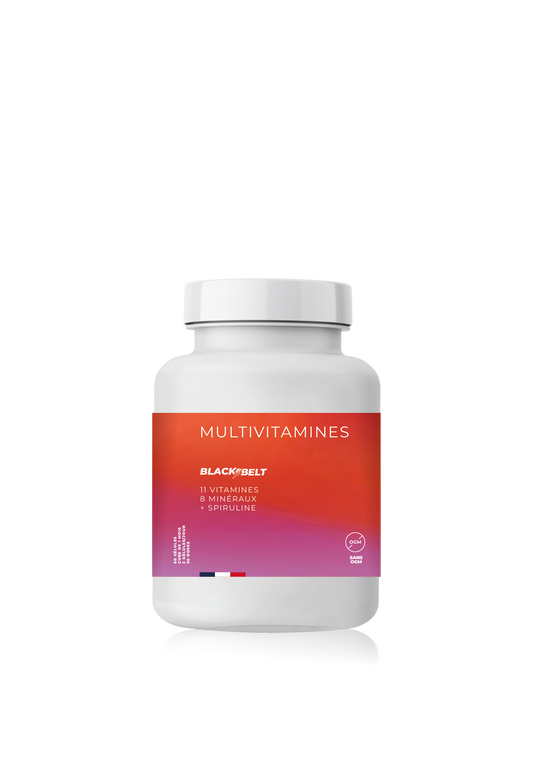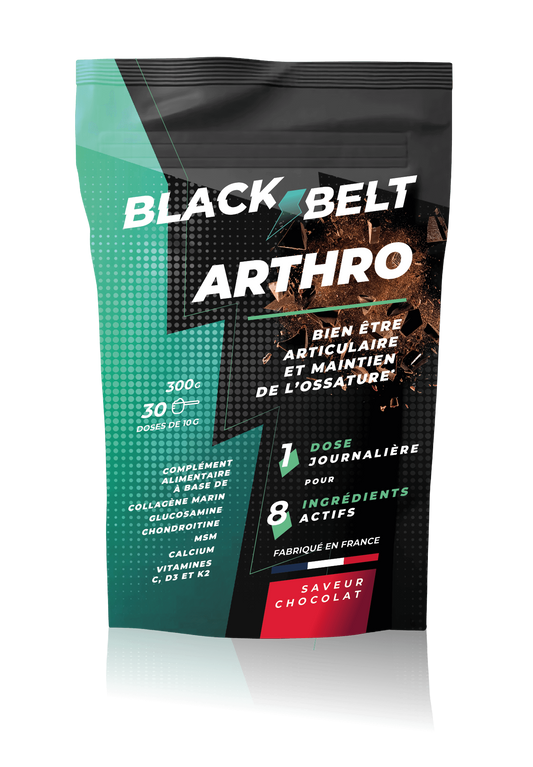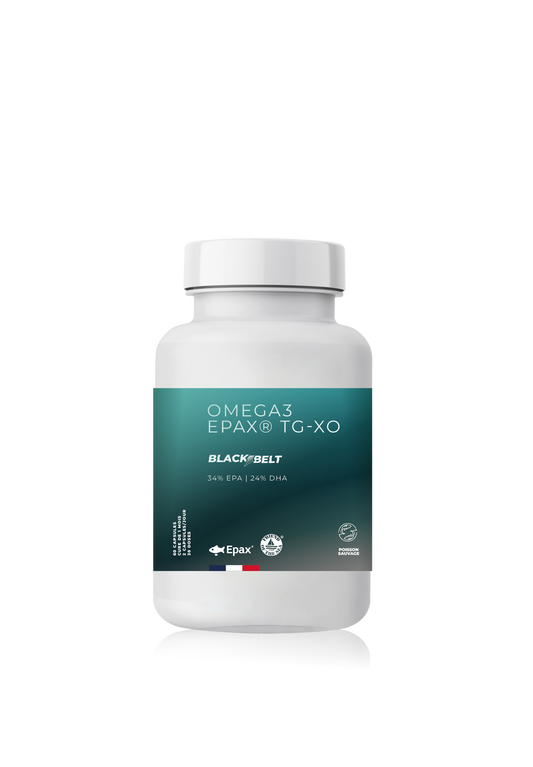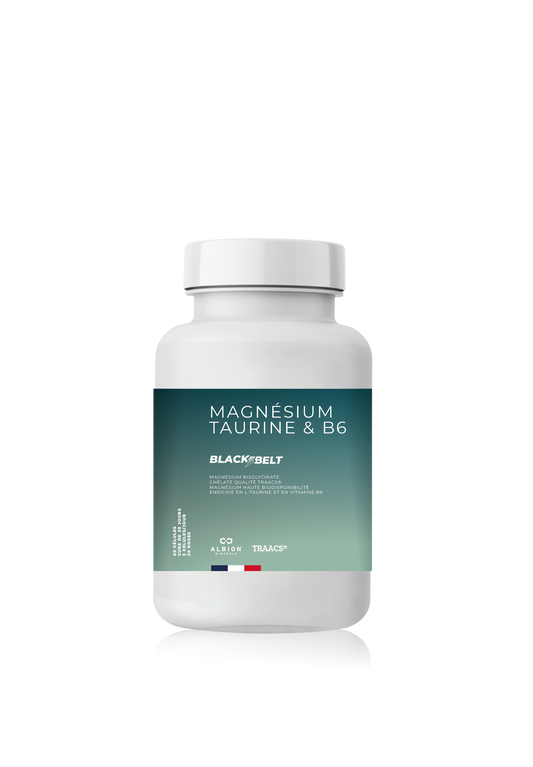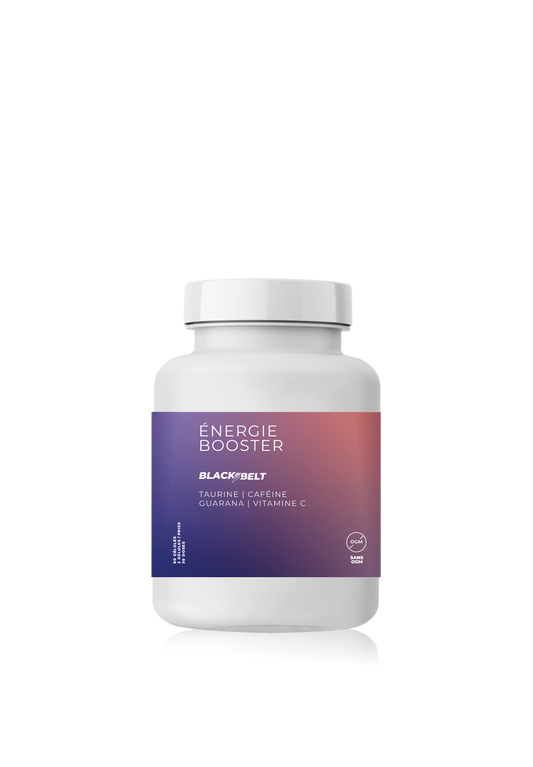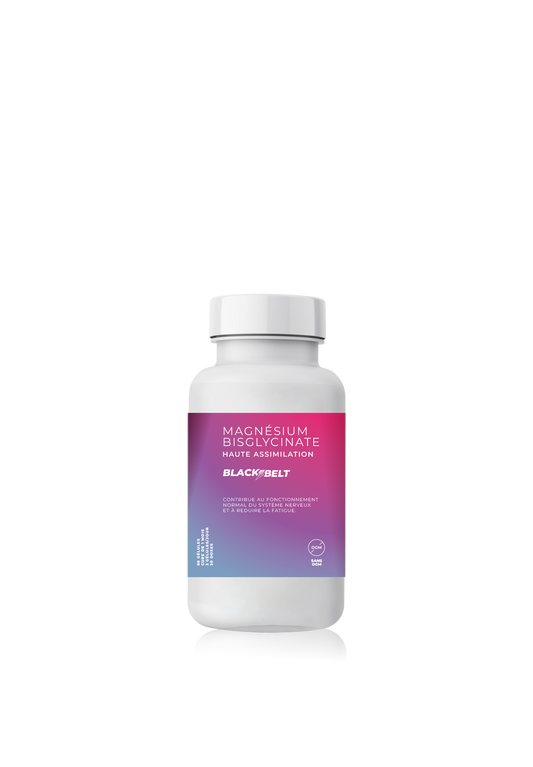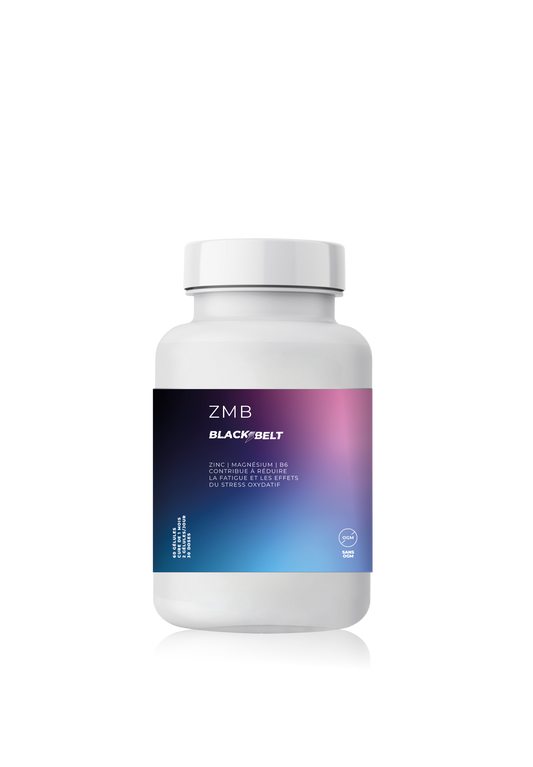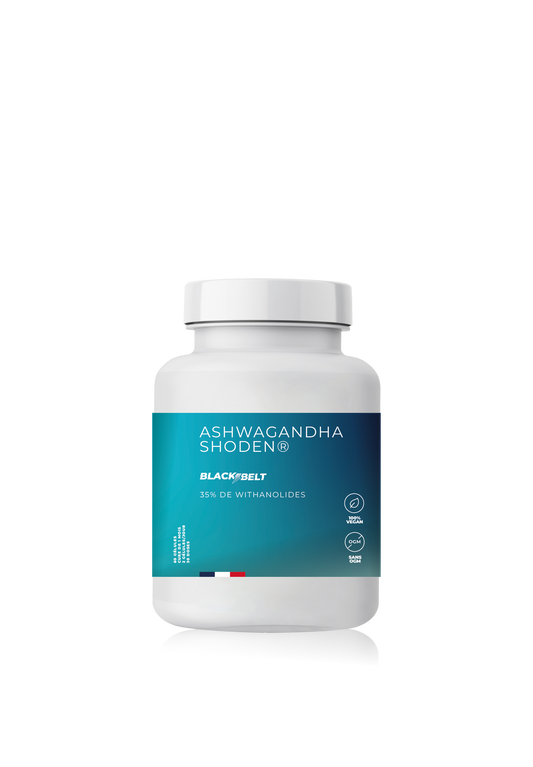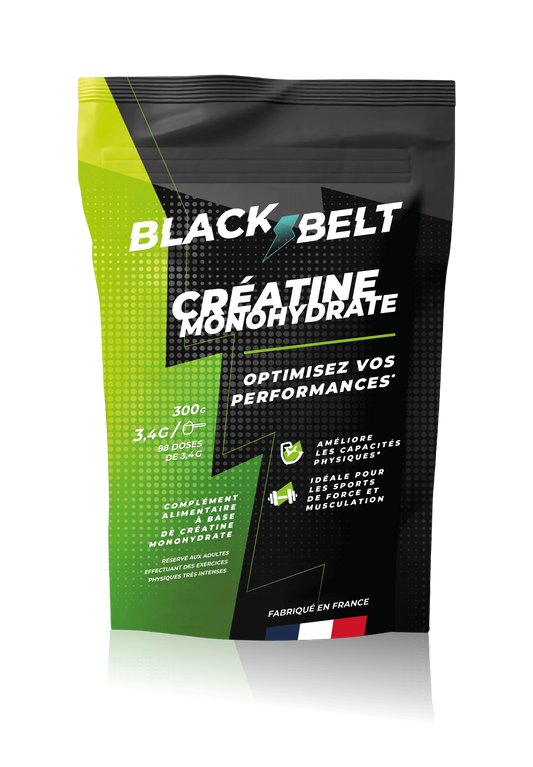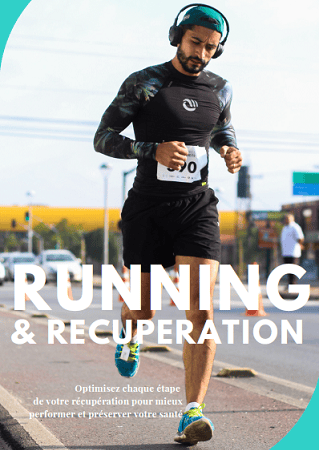How to Organize Your Race Refueling: Frequency, Water and Carbohydrate Intake?
When running, proper fueling is essential to maintain energy and avoid performance dips. The frequency and composition of fueling should be adapted to the race distance and pace.
This article explains how to structure your fueling based on these parameters to optimize your endurance and finish your race in great shape.

Why plan your refueling well during the race?
When running, the body draws on its energy and water reserves to maintain the effort. Poor fueling can lead to:
- Early fatigue due to a lack of carbohydrates.
- Dehydration which reduces performance and increases the risk of cramps.
- Digestive problems if food intake is not appropriate.
The goal is therefore to eat and hydrate regularly and in a way that is adapted to the effort provided.

Frequency of refueling: When should you eat and hydrate?
The frequency of refreshment stops varies depending on the duration and intensity of the race. Here are the essential guidelines:
Short races (less than 1 hour)
-Hydration: drink 100 to 200 ml of water every 15 to 20 minutes if necessary.
-Carbohydrate intake: unnecessary, unless the effort is very intense.
-Electrolytes: possible especially if it is hot, or if you sweat a lot naturally
Races from 1 hour to 2.5 hours
-Hydration: 100 to 200 ml every 15 to 20 minutes.
-Carbohydrate intake: 30 to 60 g per hour (energy drinks, gels, compotes or energy bars).
Long races (marathon and beyond)
Hydration: 100 to 250 ml every 15 minutes.
Carbohydrate intake: 60 to 90 g per hour to maintain good energy levels.
Tip: The higher the intensity, the more you should favor rapid carbohydrate intake (energy drinks, gels) to avoid digestive problems.
Hydration: A Top Priority for Performance
Water loss through perspiration leads to a decrease in performance at as low as 2% dehydration. Regular hydration is therefore essential, especially in hot weather.
How much water should I consume while running?
-400 to 800 ml of water per hour depending on the temperature and intensity of the effort.
- An isotonic drink can be useful to compensate for the loss of electrolytes.
For specific hydration recommendations based on your profile and the weather, use our hydration calculator .

Carbohydrate intake: The essential energy to sustain the effort
Carbohydrates are the primary source of energy when running. Without sufficient intake, glycogen stores are depleted, leading to fatigue.
How many carbohydrates should I consume while running?
➡ 30 to 60 g/h for a race of 1 to 2.5 hours.
➡ 60 to 90 g/h for a marathon or ultra.
What foods should you favor?
-Energy gels: quick to assimilate, practical when running.
- Carbohydrate drinks: provide a double supply of water and energy.
-Compotes or energy bars: ideal for longer efforts.
-For optimized management of your refueling, try our refueling simulator.
-
Pack: Health Essentials
Regular price From €64,90Regular priceUnit price / per€69,70Sale price From €64,90Sale -
BlackBelt Punch - Shower Treatment
Regular price From €15,90Regular priceUnit price / per€15,90Sale price From €15,90 -
Maltodextrine DE6 avant course
Regular price €16,90Regular priceUnit price / per -
Pâtes de Fruits Énergétiques
Regular price €10,90Regular priceUnit price / per€10,90Sale price €10,90 -
Long Distance Energy Drink
Regular price €26,90Regular priceUnit price / per€26,90Sale price €26,90 -
Boisson Énergétique BOOST
Regular price €26,90Regular priceUnit price / per€26,90Sale price €26,90 -
Collagène Marin Français Cartidyss® Type II
Regular price From €29,90Regular priceUnit price / per€29,90Sale price From €29,90 -
Pastilles d'Electrolytes
Regular price From €9,90Regular priceUnit price / per€9,90Sale price From €9,90 -
Electrolyte Drink
Regular price €14,90Regular priceUnit price / per€14,90Sale price €14,90 -
Blackbelt Whey Protein - Flavor of your choice
Regular price €32,90Regular priceUnit price / per -
Protéine Végétale
Regular price €12,90Regular priceUnit price / per€12,90Sale price €12,90 -
Pack hydratation - Longue distance
Regular price €54,90Regular priceUnit price / per€59,80Sale price €54,90Sale -
Multivitamins 11 Vitamins + 8 Minerals + Spirulina
Regular price €19,90Regular priceUnit price / per€19,90Sale price €19,90 -
BlackBelt Arthro - Joint & Bone Care - Chocolate Flavor
Regular price €39,90Regular priceUnit price / per€39,90Sale price €39,90 -
Omega 3 Epax®
Regular price From €19,90Regular priceUnit price / per€19,90Sale price From €19,90 -
Magnesium + Taurine + B6 Complex
Regular price €18,90Regular priceUnit price / per€18,90Sale price €18,90 -
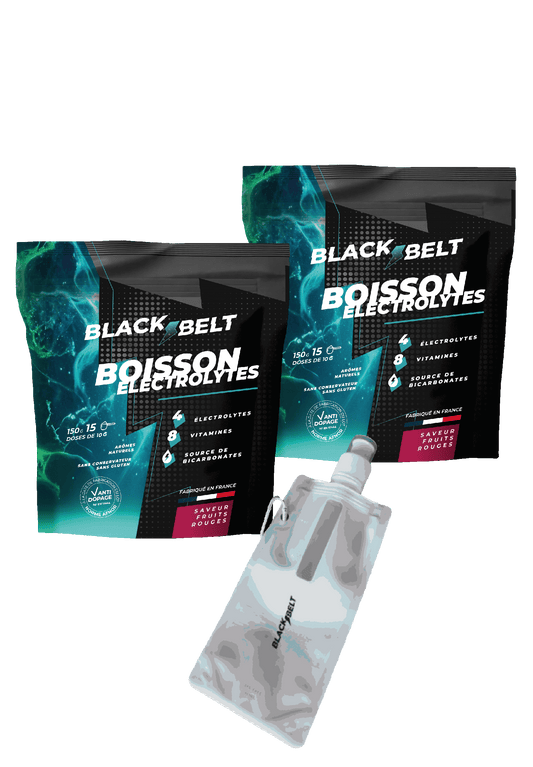 Sale
SalePack Hydratation
Regular price €29,80Regular priceUnit price / per€34,70Sale price €29,80Sale -
Energy Booster Capsules - Pre Workout
Regular price €19,90Regular priceUnit price / per€19,90Sale price €19,90 -
Highly Absorbable Magnesium
Regular price €14,90Regular priceUnit price / per€14,90Sale price €14,90 -
Ashwagandha Shoden®
Regular price €19,90Regular priceUnit price / per€19,90Sale price €19,90 -
Blackbelt Creatine Monohydrate
Regular price €17,90Regular priceUnit price / per€29,90Sale price €17,90Sale -
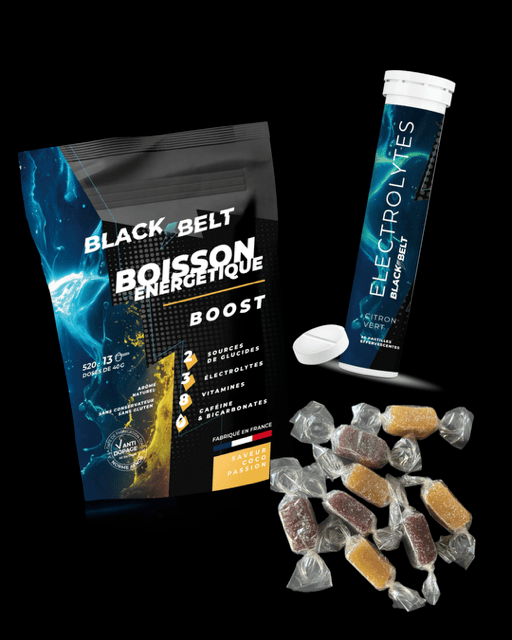 Sale
SalePack Semi-Marathon
Regular price €44,90Regular priceUnit price / per€47,90Sale price €44,90Sale -
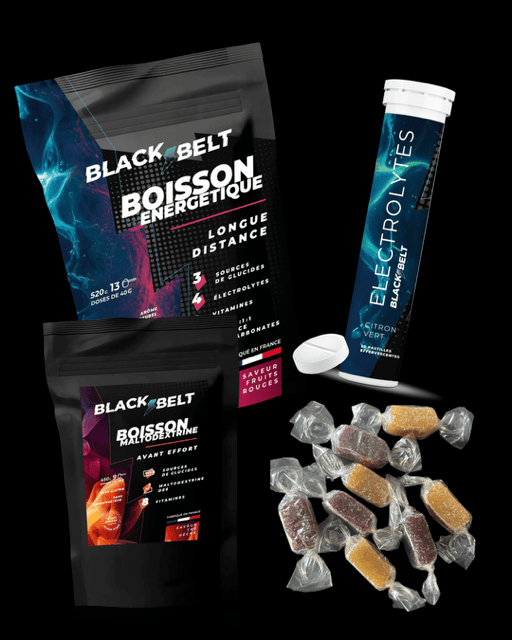 Sale
SalePack Marathon
Regular price €59,90Sale price €59,90Unit price / perSale -
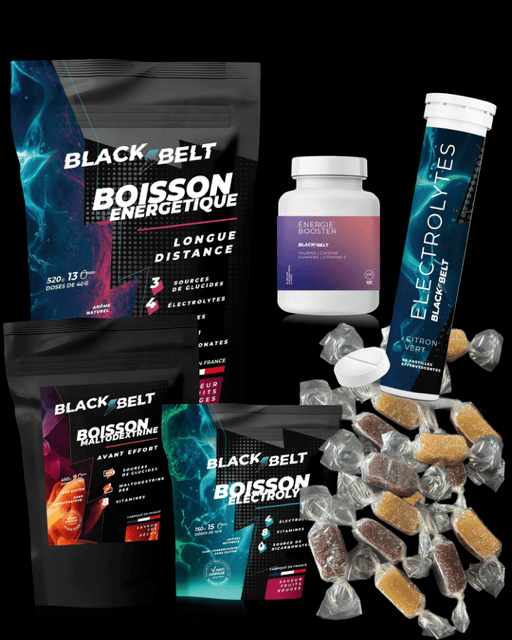 Sale
SalePack Ultra-Trail
Regular price From €99,90Regular priceUnit price / per€110,30Sale price From €99,90Sale
Planificateur de ravitaillement
Recommandations :
Fréquence des ravitaillements : -
Eau nécessaire : - ml
Apport en glucides : - g
25 free tools in my toolbox
Subscribe to our emails
-
FREE Guide: Running & Recovery
Regular price €0,00Regular priceUnit price / per -
Booster son allure en course à pied
Regular price €0,00Regular priceUnit price / per -
FREE Guide: Healthy Gourmet Recipes
Regular price €0,00Regular priceUnit price / per -
FREE Guide: The Menstrual Cycle and Sport
Regular price €0,00Regular priceUnit price / per -
FREE Guide: Avoid Injuries and Perform at Any Age
Regular price €0,00Regular priceUnit price / per -
Ebook: The keys to flexibility
Regular price €8,99Regular priceUnit price / per

